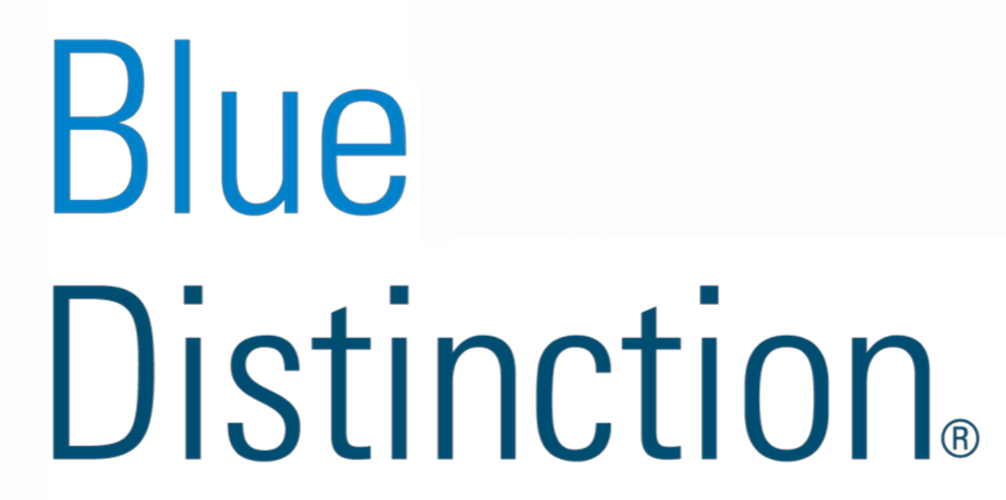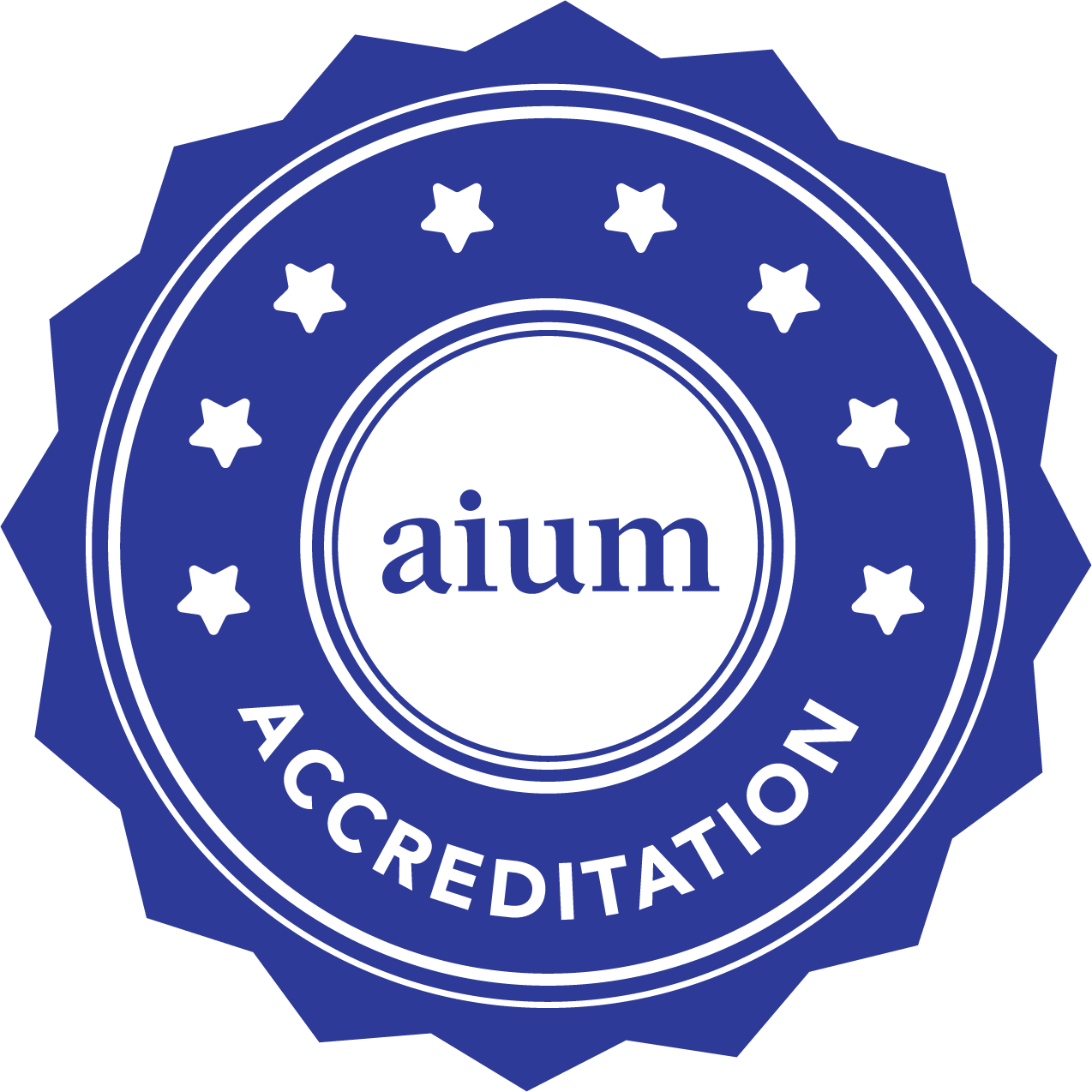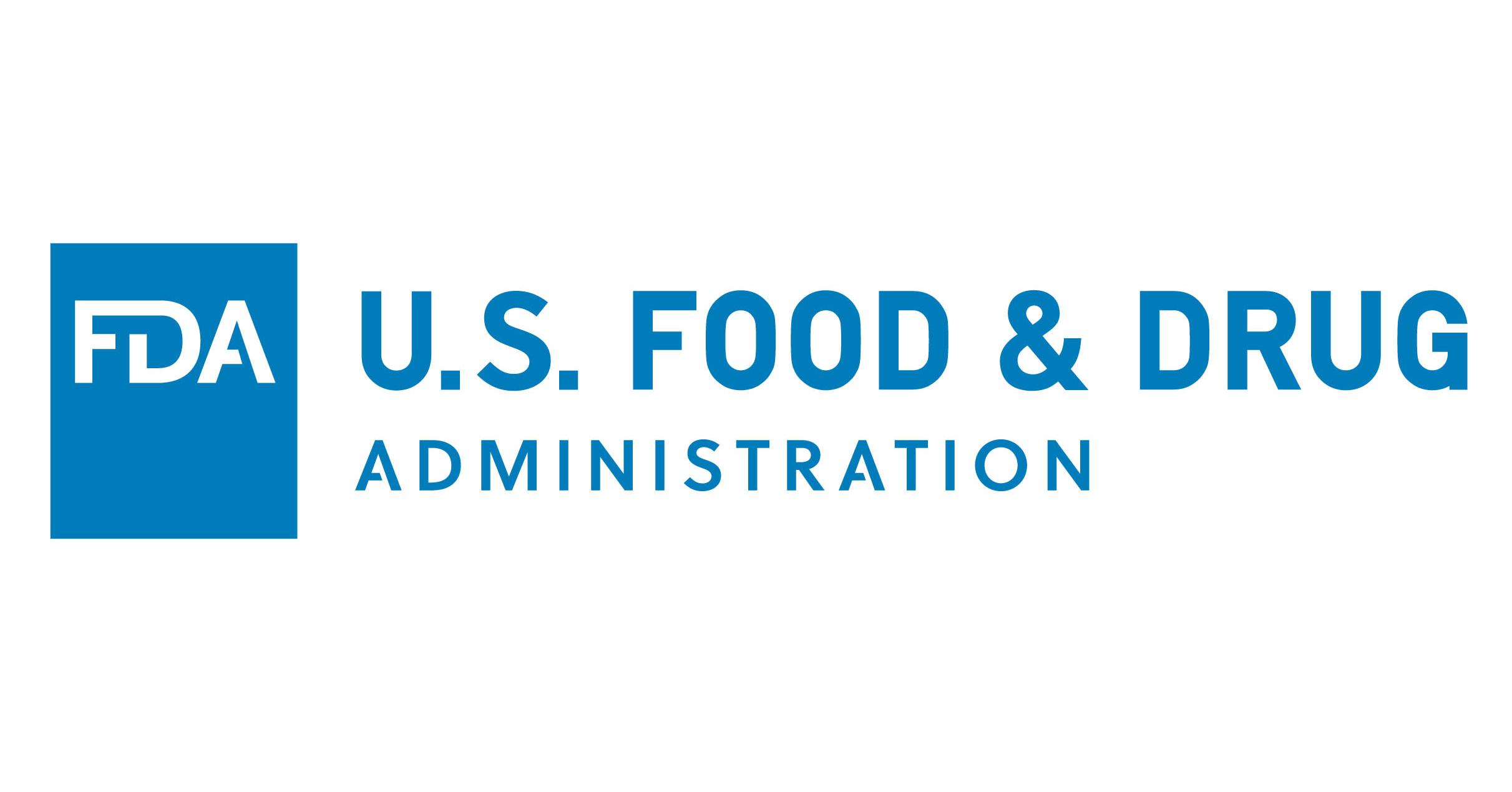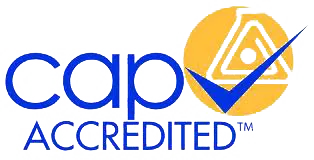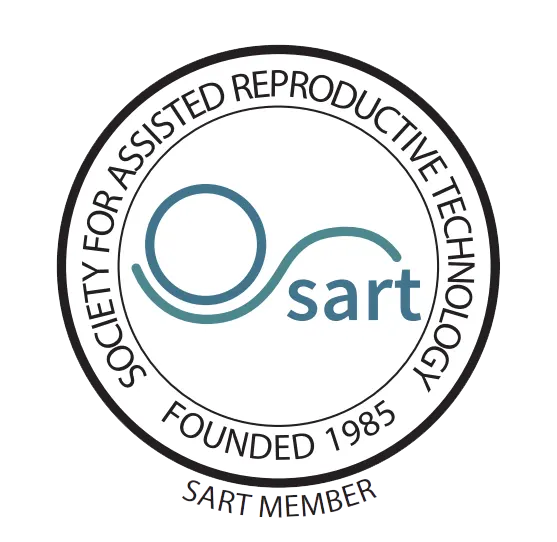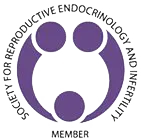Interested in Donating Your Eggs?
Thank you for expressing an interest in becoming an oocyte (egg) donor at the Family Fertility Center. Our successful donor egg program was established in 1994 and is directed by H. Christina Lee, M.D., J.D. She has been a board certified reproductive endocrinologist and infertility specialist since 1991. If you are between 18 to 31 years of age and are in good health you are encouraged to participate. Women of all ethnicities and races are welcome.
Why do People Choose to use Donor Eggs?
Couples or single individuals generally choose to use eggs from a donor because they are unable to conceive a child with the female partner’s own eggs. There are many reasons that a woman may not be able to conceive with her own eggs, including older age, early menopause, previous cancer treatments which damaged the ovaries, or production of poor quality eggs. Frequently, couples or individuals have gone through extensive fertility treatment with no success before they decide to use donor eggs.
Why Should I Choose the Egg Donor Program at the Family Fertility Center?
The Egg Donor Program at the Family Fertility Center is a successful program helping patients become parents using donated eggs since 1994. Our team understands the needs of women who choose to donate their eggs and provides you with the compassion, counsel, and support you may need as you embark on this generous journey. Because we only provide eggs to existing patients at the Family Fertility Center, you will receive all your care in one setting contrary to the egg donor agencies that may send you to donate at various facilities that may each have different processes.
What is the Compensation?
If you are accepted into our donor program you are entitled to be compensated. Compensation is provided for the time required in performing the duties of a donor. Currently, our program provides a compensation payment between $7000 to $9000 on the day of oocyte retrieval. Recipients are required to purchase a temporary health insurance policy for their donors to cover potential medical expenses in the event donor experiences medical complications arising from the ovarian stimulation and egg retrieval procedures. However, you are functioning as an independently contracting free agent, not an employee of the Family Fertility Center. Therefore, you are not entitled to employment benefits; and all risks of the procedure are assumed and accepted by you. Furthermore, Family Fertility Center is required by law to report the compensation as your income on a 1099 Form. No income tax is withheld from this compensation for you because you are an independently contracting free agent. You must set aside a portion of this compensation for your income tax.
Where to Start
It is very important that you understand the entire process of egg donation as well as the ramification of your donation. Take your time and read
- Information provided on this page on Egg Donation Program for Donors
- Information for Anonymous Oocyte Donor, and
- Anonymous Oocyte Donor Risk Sheet
It is very important that you understand the entire process of egg donation as well as the ramification of your donation. Take your time and read
- Information provided on this page on Egg Donation Program for Donors
- Information for Anonymous Oocyte Donor, and
- Anonymous Oocyte Donor Risk Sheet
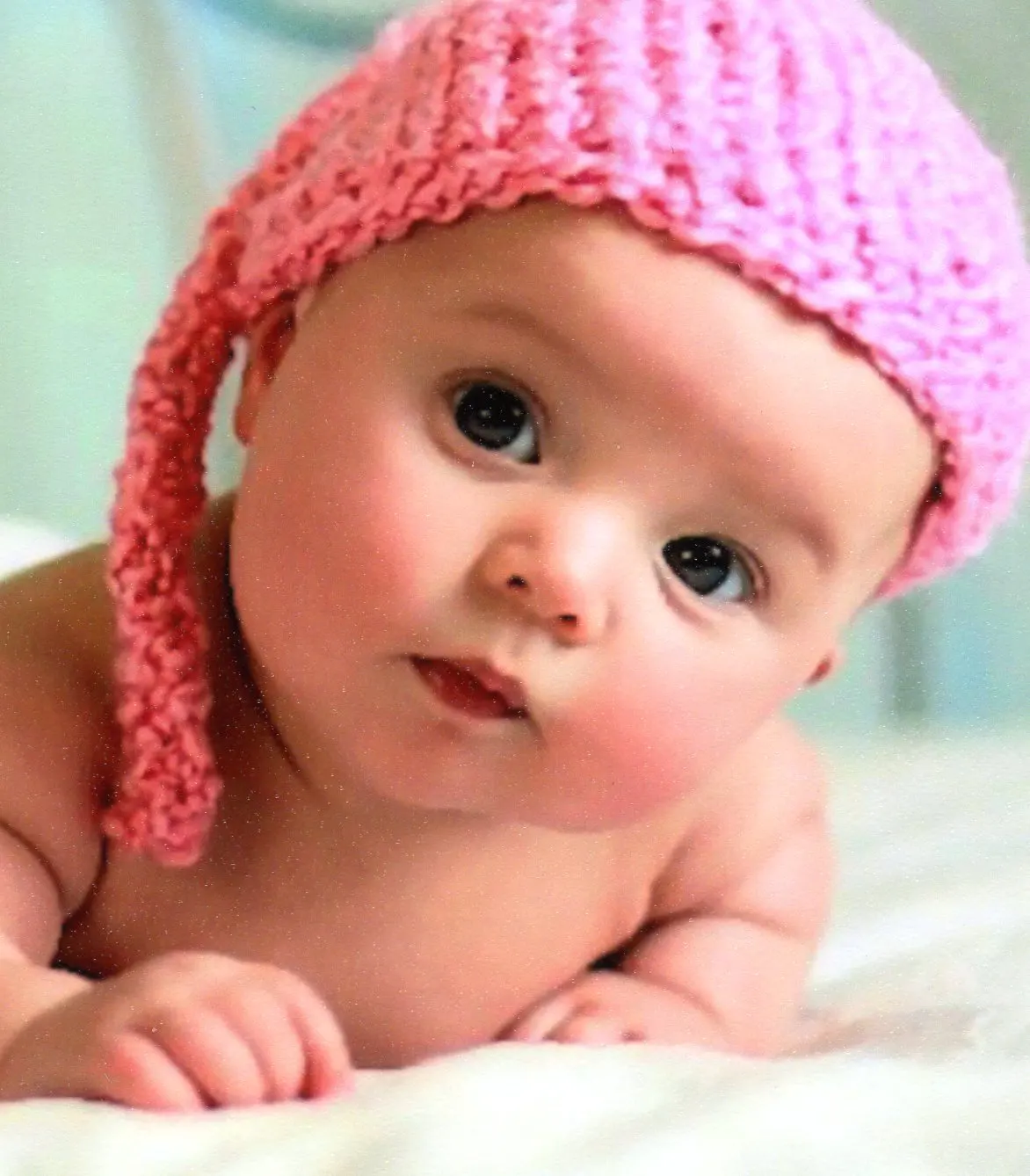
If, after you have a good understanding of egg donation, you decide to become an egg donor, you must complete the following steps:
- Call (610) 868-8600 to speak with our Egg Donor Coordinator. You will be asked a few questions about your personal and family medical history
- Schedule an appointment to meet our physician and clinical team
- Click here to download and read all four required forms for egg donors
- Complete and sign all four forms prior to your initial visit
- Bring all four forms with you to your initial visit.
- Write down any question you may have about egg donation so your questions can be answered at your first visit.
- Recipient couples or individuals frequently would like to have a visual image of their potential donor. Please bring a few photos of you for our files, preferably with no one else in the background. Photos from your childhood are also welcome.
- Bring an official photo identification card, such as a driver license for verification of your identity and date of birth.
- Blood samples will be taken and a pelvic ultrasound is typically performed at your first appointment. A physical examination and a medical history will be taken. The entire egg donation process will be discussed in more details.
- Complete all screening procedures requested.
- Wait for a recipient to choose you as their donor.
Can You Describe the Entire Egg Donation Process?
Egg donors offer a gift of life to couples or single individuals struggling to become parents. The knowledge that she has had the ability to make a profound difference for a family is frequently one of the most compelling reasons young women participate so generously in this process. The entire egg donation process can be divided into four steps: screening process, matching with a recipient, ovarian stimulation and egg retrieval.
Screening process
Applicants find the screening process a rewarding experience. Part of the screening requires you to complete an anonymous oocyte (egg) donor questionnaire. The questionnaire asks for a detailed personal and family history. Once all your forms are reviewed by our team, you will be scheduled for your initial screening visit.
At this initial visit, time is taken to review your questionnaire. Blood sample will be drawn for ovarian reserve screening. This includes measurement of reproductive hormones: FSH, LH and estradiol. A pelvic ultrasound will be performed to assess the total number of small follicles you have on both ovaries. In addition, you will undergo general health screening such as a physical examination, blood count, urine analysis, infectious disease screening including HIV testing, chromosomal analysis and ethnic specific genetic test screening. Psychological counseling will be arranged with a licensed counselor or psychologist in our area. These tests and services are provided free of charge and you will have access to your test results.
At your initial screening appointment, the members of our team are available to discuss the process in detail and to answer any questions you may have. The reproductive endocrinologist will review the medical procedures involved and discuss any risks.
Matching with a recipient
Once you are accepted into our Egg Donor program, you are deemed an active egg donor candidate. Your anonymous profile will be accessible to patients at the Family Fertility Center who desire treatment with donor oocytes. This is a confidential process, in which pictures and profile information supplied by you are shared with interested patients. Only your first name is shared to protect your privacy.
Once a recipient has chosen you as their egg donor, you will be contacted to check your availability, the date of your last menstrual cycle and the kind of hormonal contraceptive you are taking. When you are ready to proceed, your doctor and egg donor coordinator will coordinate your cycle with that of your recipient.
Ovarian stimulation
The cycle frequently begins with a few weeks of birth control pills. This is intended to synchronize the development of your eggs as well as the recipient’s cycle. A few days after the last birth control pills is taken, injectable medications to stimulate multiple mature eggs to grow is started. These injectable medications contain follicle-stimulating hormone (FSH) and luteinizing hormone (LH), which are the exact hormones your body makes in order to produce a single mature egg to ovulate each month.
Our nurse coordinator will teach you how to prepare and administer your injectable medications. You must be able to administer the medications to yourself in order to be an egg donor.
You will be given a detailed calendar which describes when to take your medication and when to come in for blood tests and ultrasounds. You will have 5-7short visits to the Family Fertility Center during a roughly two week period. These visits include taking a blood sample and vaginal ultrasound to assess your progress.
Egg retrieval
Egg retrieval is done at the end of the 2 week ovarian stimulation and monitoring period. The day the eggs are ready to be harvested you will need to spend a half day at the Family Fertility Center. The eggs are removed from you vaginally using a needle placed under ultrasound guidance into each ovary. You will be sedated using medications to put you to sleep during the 20-30 minute procedure. Following the aspiration you will be recovered in the recovery room for 1 to 2 hours prior to being discharged. Since sedatives are administered, you will be required to have a friend or relative drive you home. You need to allow yourself a day for recovery after the retrieval is performed. You may have lower abdominal tenderness and bloating after the procedure. This may last for several weeks, but usually will disappear shortly following the menstrual period that occurs 1-2 weeks after the procedure. Most donors can resume normal activities the next day, although occasionally the recovery period takes longer. Once the retrieval is performed, you will receive compensation for your time, travel and efforts.
What are the Possible Side Effects & Risks?
As with any medical procedure, there are possible side effects and risks. Many women feel very minor or no discomfort during the donation cycle. Others have varying symptoms that typically resolve following the egg retrieval procedure. In some cases a donor might feel bloating, pressure, abdominal pain and swelling, breast tenderness and moodiness from the hormone medications, which will go away by her next period. Severe side effects are rare and will be discussed with you by a physician in detail prior to your entry in the program.
- Injection Side Effects and Risks
- The blood tests and hormone injections usually are well tolerated. Some women, however, experience pain, redness, or minor bruising at the injection site. Allergic reactions are rare.
- Medication Side Effects and Risks
- Hyperstimulation syndrome: There is a small risk of ovarian hyperstimulation syndrome (OHSS) developing during an egg donation cycle. OHSS generally occurs following the actual egg retrieval. It involves enlargement of the ovaries, significant increases in fluid retention within the abdomen and concentration of the blood within the blood vessels. In its mild form, OHSS can be uncomfortable but resolves within several days. The severe form occurs in approximately 1% of donor cycles. In severe cases, hospitalization may be required for monitoring. While the condition is serious, it usually lasts no more than one week.
- Procedure Side Effects and Risks
- The egg retrieval is a transvaginal ultrasound guided procedure. The risk of serious complications of this procedure is rare: approximately 1 in 1,000. Serious complications involve bleeding, requiring observation in the hospital and/or blood transfusion, damage to internal organs and infection.
- Other Side Effects and Risks
- Available evidence to date does not suggest any increased risk of cancer of the breast or ovaries from serving as an egg donor. In addition there is no evidence of increased risk of infertility. However, there is no guarantee you will not develop cancer or infertility years after you donate eggs.
- You are advised to read the Anonymous Oocyte Donor Risk Sheet for more details.
FAQs
What are my responsibilities if I agree to become a donor?
You must be truthful in all portions of the donor screening process and follow the doctors’ orders during the treatment cycle. The egg donation process requires you to adhere strictly to your medication and appointment schedule. You must take the medication as instructed and on time. You must be on time for all monitoring appointments and arrange for transportation to and from the egg retrieval. This requires that you make your egg donor cycle a top priority during the few weeks that it occurs. You will need to abstain from sex from the time you start the hormone medication until 2 weeks after your egg retrieval to prevent an unwanted pregnancy and ensure the cycle proceeds as planned.
How much time is involved?
The screening process generally takes a few weeks to complete. You will speak to our Egg Donor Program coordinator by phone and come into the office for a short initial screening visit. Once you are chosen as an egg donor, a cycle takes approximately 4 weeks. During a two week period, you will come to the clinic approximately 5-7 times for ultrasound monitoring and blood tests. These appointments generally require a 15-20 minute visit in the morning. The day that you are scheduled for the egg retrieval, you will be at our clinic for a large portion of the day. Most donors are able to continue to work or go to school during the overall process.
Will I need to give myself shots?
Yes. The shots are done at home. Our nurse coordinator will teach you how to prepare and administer your injectable medications. You must be able to administer the medications to yourself in order to be an egg donor.
Are there any restrictions during the process?
There is a chance you could get pregnant during the egg donation process, so we ask that you abstain from intercourse during the entire time.
Your ovaries will become enlarged during the egg donation process. We request that you refrain from activities that involve high impact, such as running, mountain biking, jumping, etc. until several weeks after the egg retrieval. After approximately one month, your ovaries will return to their normal size.
Can I become pregnant during treatment?
Yes! It is very important that you avoid intercourse from the time you start the hormone medication until 2 weeks after your egg retrieval. This will prevent an unwanted pregnancy and ensure that the cycle proceeds as planned.
Will this impact my ability to have children and will this deplete my source of eggs?
No. The procedure itself does not have any impact on your future ability to have children. Females are born with approximately two million eggs. Each month in a woman’s life a group of eggs begin the maturation process, but the body selects only one egg each cycle to ovulate while the rest are absorbed by her own body. Fertility medications “rescue” a portion of these excess eggs that the body would have ordinarily discarded. However 15% of all couples in the United States are infertile. Many of these are cases of secondary infertility, meaning that they had fertility before and now are unable to conceive again. You may find that in the future you will have a fertility problem. This may happen regardless of whether you become an egg donor or not. You must understand that we do not know with complete certainty that your donating eggs will not in some way compromise your future fertility. Because of this uncertainty, the American Society of Reproductive Medicine recommends a maximum of six cycles of oocytes donation per life time.
Can I still work and/or go to school?
Although the egg donation process requires you to adhere strictly to your medication and appointment schedule, most women are able to continue with work and school without difficulty. You must take the medication as instructed, and on time. You must be on time for all monitoring appointments and arrange for transportation to and from the egg retrieval. This requires that you make your egg donor cycle a top priority during the few weeks that it occurs, and you may have to reschedule other events, classes or work times as necessary to adhere to this schedule.
What are my legal responsibilities to any child born from my donated eggs?
When you agree to donate your eggs, you are giving up all rights and responsibilities associated with eggs and any child born as a result of them.
Will the recipients know me or meet me?
Most egg donor arrangements are anonymous, meaning you won’t know the recipients and they won’t know you. Information about you is shared with the recipients in a non-identifying manner. For example, you will be identified to patient couples by the following information: blood type, ethnic background of your mother and father, height, weight, body build, eye color, hair color and texture, years of education, occupation, and special interests and family medical history. Pictures you share with us also will be shared with potential recipients. We will not share the following information with the recipients: your last name, your address, your telephone number, or your email address.
We are committed to creating egg donation arrangements that fit the personal needs of both donor and recipients. Some donors and recipients are interested in meeting each other and we support that process, if all parties are willing. On your application, you can indicate whether you are willing to meet the recipients, and whether you would be willing to meet their child when the child is an adult.
Can I donate more than once?
Yes. If all goes well with your first egg donation cycle, we would be happy to have you come back and donate again. Repeat donation may take less of your time, because you already will have completed the initial screening process. For your safety, egg donors can donate no more than 6 times per lifetime. This guideline has been established by the American Society for Reproductive Medicine.
How do I begin?
Call (610) 868-8600 to speak with our Egg Donor Coordinator. Directions to our office.
Schedule a Consultation
Contact Us
If you are experiencing a medical emergency, call 911 or go to the nearest emergency room.
We understand you may have a lot of questions. Additionally, each couple or individual has a unique set of circumstances. To this end, the best way to get answers for your situation is a face-to-face consultation with our physician.
Schedule a Consultation
Contact Us
If you are experiencing a medical emergency, call 911 or go to the nearest emergency room.
We understand you may have a lot of questions. Additionally, each couple or individual has a unique set of circumstances. To this end, the best way to get answers for your situation is a face-to-face consultation with our physician.




